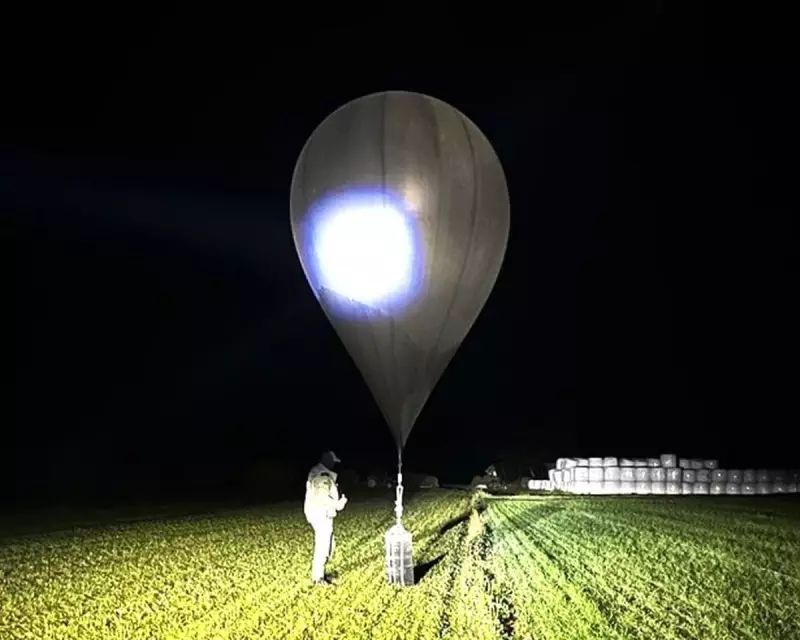
In a dramatic escalation of border security measures, Lithuania has officially authorised its armed forces to shoot down balloons originating from Belarus suspected of being used for smuggling operations. The unprecedented move comes after increasing reports of organised crime groups exploiting low-tech aerial methods to bypass traditional border controls.
Military Given Green Light Against Aerial Smugglers
The Lithuanian defence ministry confirmed that military personnel now have legal authority to destroy any unmanned balloons entering Lithuanian airspace from Belarus if they pose a potential threat to national security or are suspected of carrying illicit goods. This decision marks a significant shift in how Baltic nations are responding to unconventional security challenges.
Rising Threat from Low-Tech Smuggling Methods
Security experts have noted a concerning trend of criminal organisations using inexpensive balloons and drones to transport contraband across the heavily fortified Belarus-Lithuania border. These rudimentary aerial vehicles have been detected carrying everything from narcotics to electronic devices and even undocumented migrants, presenting a complex challenge for border protection agencies.
The Lithuanian State Border Guard Service reported intercepting multiple balloon-based smuggling attempts in recent months, with some devices capable of carrying payloads of up to several kilograms. The modified balloons often feature sophisticated navigation systems and automated release mechanisms, indicating significant investment from criminal networks.
Regional Security Implications
This authorisation comes amid heightened tensions in the Baltic region, with NATO members increasingly concerned about hybrid warfare tactics. The decision to employ military force against non-military threats represents a new frontier in border protection strategy.
Defence officials emphasise that strict protocols will govern the use of force, with multiple verification steps required before engagement. "This is not about shooting first and asking questions later," a defence ministry spokesperson stated. "We have established clear identification procedures and will only act when there is confirmed threat to our national security."
The development has prompted discussions among other European nations facing similar challenges, with several considering whether to adopt comparable measures to protect their airspace from unconventional smuggling operations.





